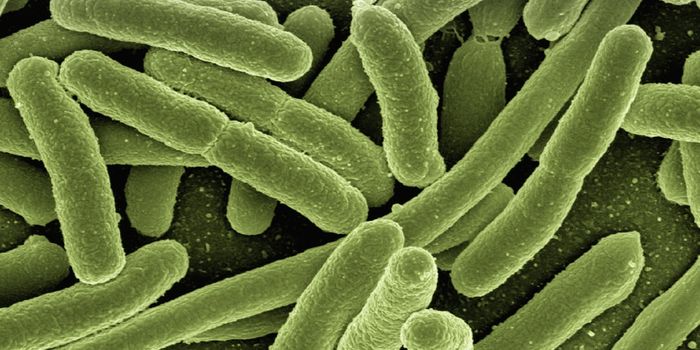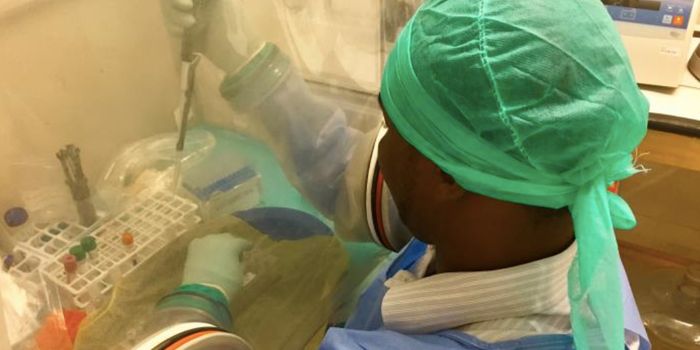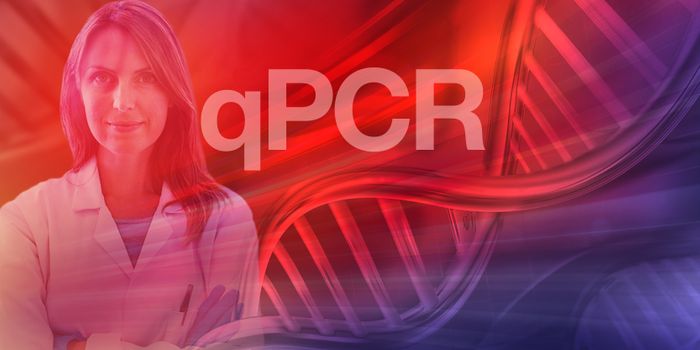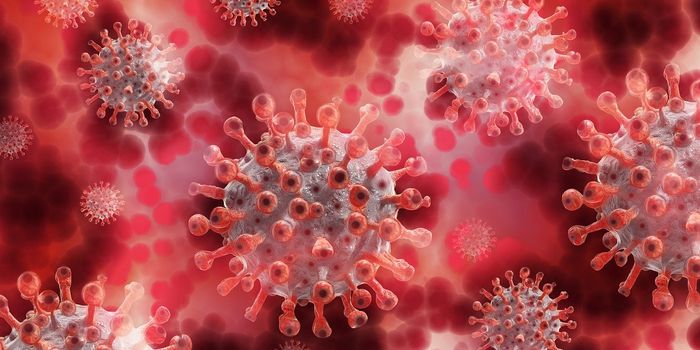Mom's Microbiome has a Big Impact on Kid's Autism Risk
For many years, scientists have been trying to learn more about the causes of autism. While many different theories have been suggested, evidence is mounting that the community of microorganisms that resides in the gastrointestinal tract, the gut microbiome, plays a role. New research from scientists at the University of Virginia School of Medicine has used an animal model to learn more about the relationship between autism in kids and the gut microbiome in mothers. They were actually able to stop the development of autism-like neurodevelopmental problems in mice by blocking an inflammatory molecule, IL-17a, that’s produced by the immune system.
“We determined that the microbiome is a key contributor in determining susceptibility [to autism-like disorders], so it suggests that you could target either the maternal microbiome or this inflammatory molecule, IL-17a,” said lead researcher John Lukens, Ph.D., of UVA’s Department of Neuroscience. “You could also use this [IL-17a] as a biomarker for early diagnosis.”
This work, reported in The Journal of Immunology, has provided valuable insight into exactly how the microbiome is able to exert an influence on the development of children.
“The microbiome can shape the developing brain in multiple ways,” added Lukens, of UVA’s Center for Brain Immunology and Glia (BIG) and UVA’s Carter Immunology Center. “The microbiome is really important to the calibration of how the offspring’s immune system is going to respond to an infection or injury or stress.”
So it seems that not only does the microbiome have a major influence on our health, in expectant mothers it can influence their child’s development. Luckily, the microbiome can be altered in various ways. Changing food intake is one of the easiest ways to manipulate the microbiome. Probiotic drinks or fecal transplants are other options. It is possible to restore health to the gut, and the researchers are considering how they might be able to reduce disease risk through such restoration.
“In terms of translating our work to humans, I think the next big step would be to identify features of the microbiome in pregnant mothers that correlate with autism risk,” Lukens said. “I think the really important thing is to figure out what kind of things can be used to modulate the microbiome in the mother as effectively and safely as we can.”
Blocking IL-17a is probably too risky as an autism prevention. The molecule has been linked to diseases like psoriasis, rheumatoid arthritis, and multiple sclerosis; some drugs already exist to target it. The molecule is critical to stopping some infections, however.
“If you think about pregnancy, the body is basically accepting foreign tissue, which is a baby. As a result, maintenance of embryonic health demands a complex balance of immune regulation, so people tend to shy away from manipulating the immune system during pregnancy,” Luken explained.
Blocking IL-17a “could make you susceptible to all kinds of infections,” he said. Clinicians and scientists aren’t willing to expose pregnant women to that kind of risk.
The team is planning to continue to investigate IL-17a to look for other molecular players in neurodevelopment.
Lukens took care to note that while this work links immunity to neurodevelopment, in no way does it suggest that vaccines are involved. “There’s a definite link between the immune response and the developing brain,” he said. “It just doesn’t have anything to do with vaccines. It’s much, much earlier.”
Learn more about the links between the maternal microbiome and child development from this video from Baylor College of Medicine.
Sources: Science Daily via UVA Health System, Journal of Immunity









